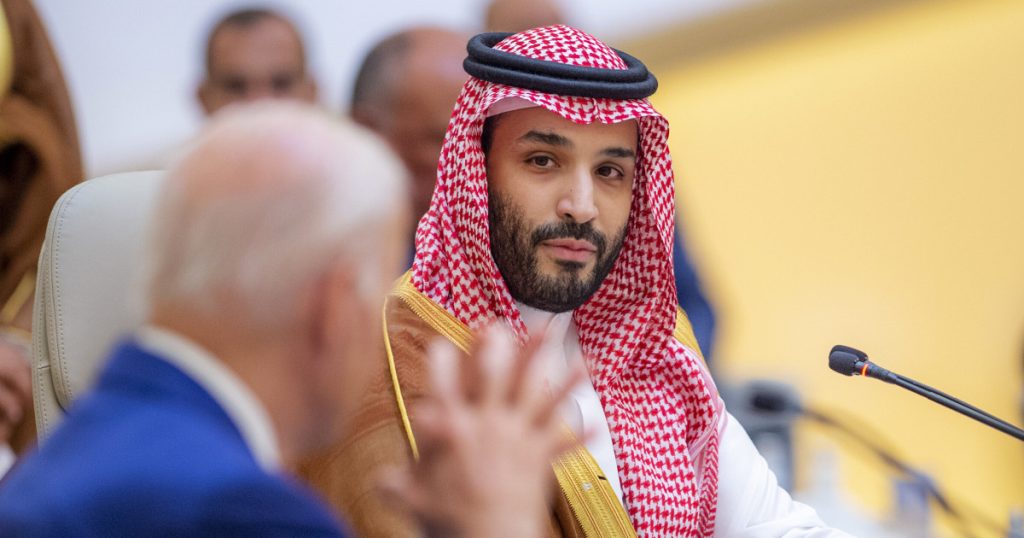The United States and Saudi Arabia are in the final stages of negotiating a landmark trade and defense deal. The agreement is expected to boost the Gulf kingdom’s military defenses against Iran, provide U.S. help with Saudi civilian nuclear infrastructure, and increase ties between the two countries’ tech industries. However, negotiations have been stalled by Israel’s war in Gaza and the upcoming American presidential election.
While some Republicans are pushing for a U.S.-Saudi bilateral defense agreement, Democrats in Congress are unlikely to approve the deal without assurances about a future Palestinian state. There is a limited window of around eight weeks to finalize the agreement before the election. The Saudi kingdom is seeking a deeper security relationship with the U.S., including arms purchases and a strategic treaty in case of attack. They are also looking to boost their civilian nuclear sector and solidify tech industry relationships.
After meeting with White House national security adviser Jake Sullivan, Saudi Arabia’s Crown Prince Mohammed bin Salman indicated that the draft strategic agreements with the U.S. were nearing finalization. Bin Salman has expressed a desire for a two-state solution that meets the aspirations of the Palestinian people. With the recent attacks and casualties in Gaza, the Saudi population is becoming more radicalized, and there is increasing pressure to deliver meaningful support for the Palestinians.
Senator Lindsey Graham supports an overarching deal with Saudi Arabia, but has emphasized the need for an Israeli component. The gap between Saudi Arabia and Israel has widened with the ongoing conflict in Gaza. It is unrealistic to expect normalization of relations between Saudi Arabia and Israel similar to the Abraham Accords of 2020 while the situation in Gaza remains unresolved. Smaller deals between the U.S. and Saudi Arabia may put pressure on Israel to engage in negotiations.
The U.S. and Saudi Arabia share mutual interests in arms purchases, the nuclear sector, and tech industry relationships. While both countries seek to benefit economically from the agreement, the political environment and international conflicts play a significant role in shaping negotiations. A cease-fire in Gaza and a willingness from the Israeli government to engage in discussions are necessary for progress. Despite the challenges, smaller deals between the U.S. and Saudi Arabia may lead to further negotiations involving Israel.


